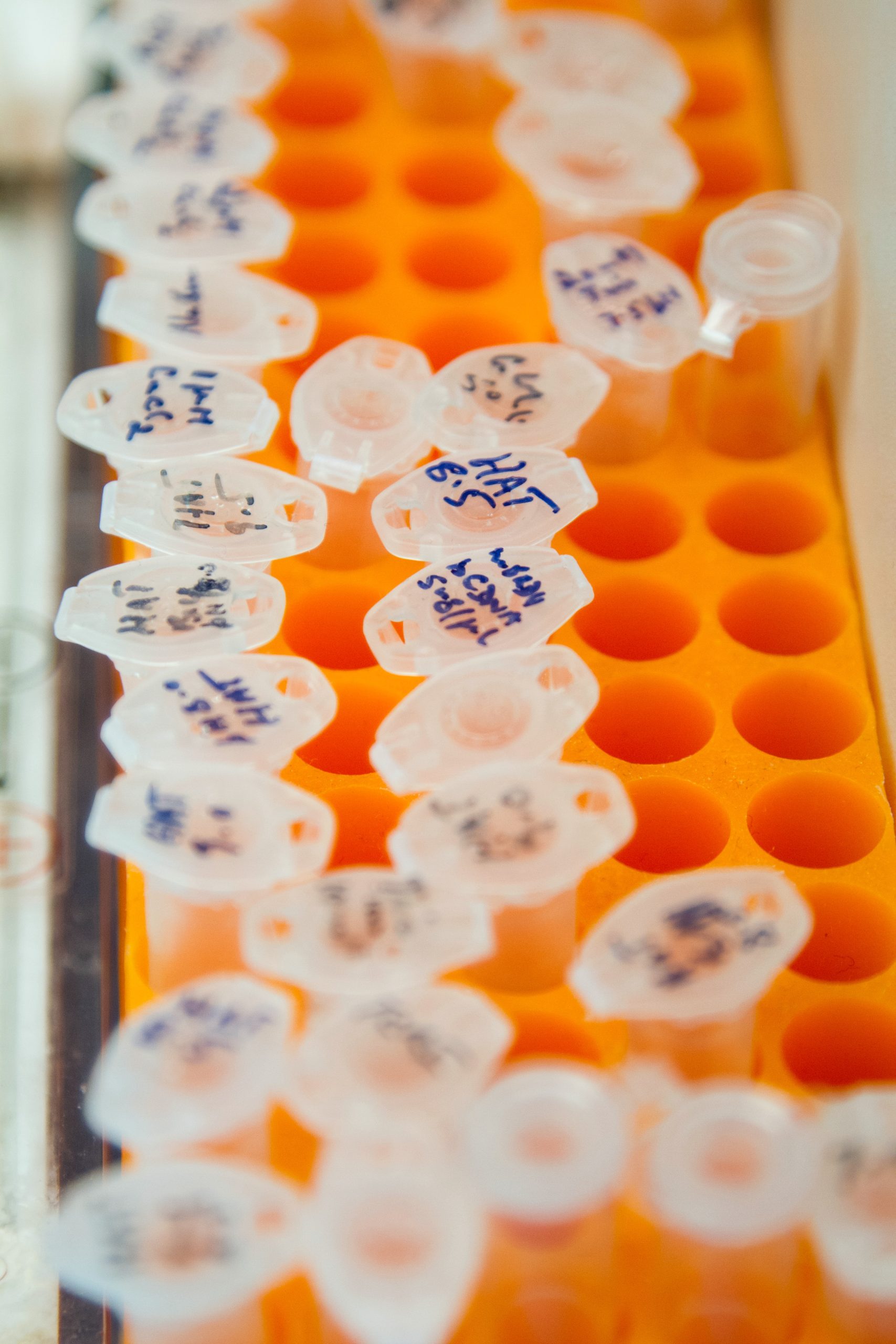Genetic engineering is the process of manipulating an organism’s genetic material to produce desired characteristics. This technology has been used for decades in agriculture, medicine, and even cosmetics. But what about other applications? New research is uncovering the potential of genetic engineering to revolutionize our understanding of biology, create new treatments for diseases, and more. In this blog post, we’ll explore some of the exciting possibilities that are emerging as scientists unlock the power of genetic engineering. We’ll also consider some of the ethical implications that come with this technology and how it could be used responsibly in the future.
What is Genetic Engineering?
Genetic engineering is the direct manipulation of an organism’s genes. This can be done through a variety of means, including but not limited to: mutagenesis (changing the DNA), transgenesis (introducing new DNA), and selective breeding (choosing which individuals will mate).
The potential for genetic engineering is vast. It holds the promise of helping us to understand and combat disease, feed the world’s growing population, and even create new life forms. However, as with any powerful technology, there are also risks associated with genetic engineering. These need to be carefully considered before we move forward with this technology.
History of Genetic Engineering
The history of genetic engineering is a long and complicated one. In the early days of the science, researchers were able to successfully transfer genes from one organism to another, but the process was inefficient and often resulted in unpredictable outcomes. As the science progressed, more precise methods were developed that allowed for greater control over the results of gene transfer. These advances eventually led to the development of genetically modified (GM) crops, which are now widely grown around the world.
The first GM crop was created in 1983, when scientists inserted a gene from a bacteria into a plant cell. This bacterial gene gave the plant cell the ability to produce an insecticide, which protected the plant from pests. Since then, GM crops have been developed that are resistant to herbicides, viruses, and other threats. GM crops have also been engineered to improve their nutritional content or to produce pharmaceutical compounds.
Despite the significant progress that has been made with GM crops, there is still much to learn about how to best utilize this technology. For example, researchers are working on ways to make GM crops more efficient at sequestering carbon dioxide from the atmosphere or producing biofuels. Additionally, there is still much work to be done in understanding how genes interact with each other and with their environment. As we continue to unlock the potential of genetic engineering, who knows what new discoveries we may make!
What we could learn from studying Genetic Engineering
One of the most fascinating things we could learn from studying genetic engineering is how to manipulate genes to create desired traits in organisms. This includes understanding how to insert, delete, or modify genes within an organism’s DNA. Additionally, we could learn how to use genetic engineering to produce more food, develop new pharmaceuticals, and even create environmentally friendly products.
Further, studying genetic engineering would allow us to better understand the role of genes in health and disease. For example, we could learn how to identify genes that cause disease and then develop treatments or cures based on that information. Additionally, we could use genetic engineering to improve crop yields and create hardier plants that are less susceptible to disease and pests.
Ultimately, there is a great deal we could learn from studying genetic engineering. It has the potential to revolutionize many different industries and fields, from agriculture to medicine. By unlocking the potential of this technology, we can create a brighter future for ourselves and future generations.
Conclusion
Genetic engineering is a powerful tool that has the potential to revolutionize the way we look at medicine and agriculture. With further exploration of this technology, we could discover new ways to treat diseases, make food more nutritious and sustainable, and even identify potential solutions for climate change. Genetic engineering is filled with infinite possibilities – all it takes is the right research and resources to unlock its full potential.









